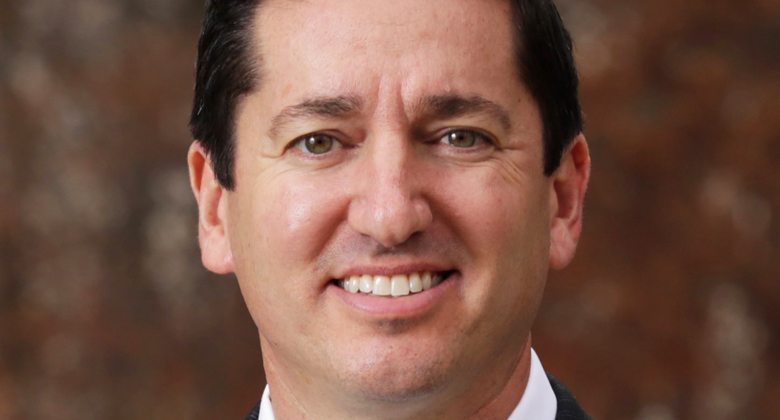

Interview: David Richter, chief executive officer, Hill International
The end of 2016 was a momentous occasion for Hill International. In late December the US firm entered into a definitive stock purchase agreement to sell its construction claims group to a private equity investor for $147 million in an all-cash transaction.
The decision to dispose of its original business turns Hill, which operates extensively in the Middle East, into a pure project management business, and perhaps more importantly makes the company debt free - net proceeds from the sale will be used primarily to pay off and retire Hills outstanding senior debt. It means great things for the project management business. As a company it transforms our balance sheet. We go from a company that was over leveraged to a company that is going to be debt free. It improves our ability to win projects, it strengthens our ability to do acquisitions, and should be very positive for the company and our public shareholders, says David Richter, chief executive officer, Hill International.
Hills construction claims group is one of the most active in the world with 960 professionals in 40 offices. Its size meant that during the course of its activities it often encountered Hills project management business. It [the sale] separates two businesses that in many ways are synergistic, but also have conflicts because of the adversarial nature of the claims business. There were clients that would not hire us because we were handling claims against them and the bulk of the work the claims group does is for contractors, whereas what we do on the project management side is for owners so it reduces those conflicts from both businesses, says Richter.
Debt free
As a debt free company, Hill is able to focus on planning for the future and after two years of lower oil prices the Middle East is expected to return to growth in 2018. The Middle East it is not quite back. We have been successful at wining some significant projects, but there is no question that the market is not back yet, he says. Oil prices are heading north which is a very good sign. We are expecting to be smaller in 2017 revenue-wise, we think 2017 is the bottom and 2018 will be better and a growth year for us in the Middle East.
While Richter is positive, he is not expecting the market to turn overnight. Just because oil was up yesterday doesnt mean today there are projects moving forward. It doesnt happen that quickly, there is a big lag factor, he says.
Hills project management services are likely to be most in demand during the initial phases of the recovery. In project management we get involved early in the process more in the planning phase. Whereas in construction management you are brought in after planning and after design just to manage the construction phase itself. So project management normally bounces back faster than construction management, says Richter.
Buildings rebound
For market segments, privately backed building projects are expected to be the ones offering the most growth. Buildings will bounce back, says Richter. Most of our buildings work is in the private sector, all of our infrastructure work is in the public sector, and public sector work tends not to go up and down as much in good and bad economic times, because a) they are long term projects and b) the government wants them to continue - they dont want to cut spending in bad times, in fact they view it as being counter cyclical as a way to make sure work continues and jobs are created when things are not going so well. But the private sector work is completely responsive to economic situations, so as the price of oil comes back and money is flowing through the system I expect the private commercial market will pick up significantly.
Key geographies in the Middle East will remain important for Hills business. We are in four primary markets in the Middle East, which are the UAE, Saudi Arabia, Qatar and Oman. All four of those markets are going to be doing better over the next year. We also have a small but growing operation in Kuwait and we will continue to grow there. We are waiting for Iraq to bounce back. We have a significant operation in Iraq working in the public sector, but our Iraq business has been pretty much shut down for the past year, so we are looking forward to getting past that and the reopening of Iraq as a market, says Richter.
Egypt, which for Hill is managed by its Africa division, also offers significant opportunities, and longer term there could also be growth in Libya once the political situation stabilises. We have a large operation in Egypt and we see a lot of promise there. It is a huge market with a lot of upside for us, says Richter. Libya, which we have been out of for six years, will have a lot of promise once they stabilise politically and get back to normal, because it will require a huge effort to rebuild that country.
You might also like...

Rainmaking in the world economy
19 April 2024

Oman receives Madha industrial city tender prices
19 April 2024

Neom seeks to raise funds in $1.3bn sukuk sale
19 April 2024

Saudi firm advances Neutral Zone real estate plans
19 April 2024
A MEED Subscription...
Subscribe or upgrade your current MEED.com package to support your strategic planning with the MENA region’s best source of business information. Proceed to our online shop below to find out more about the features in each package.







